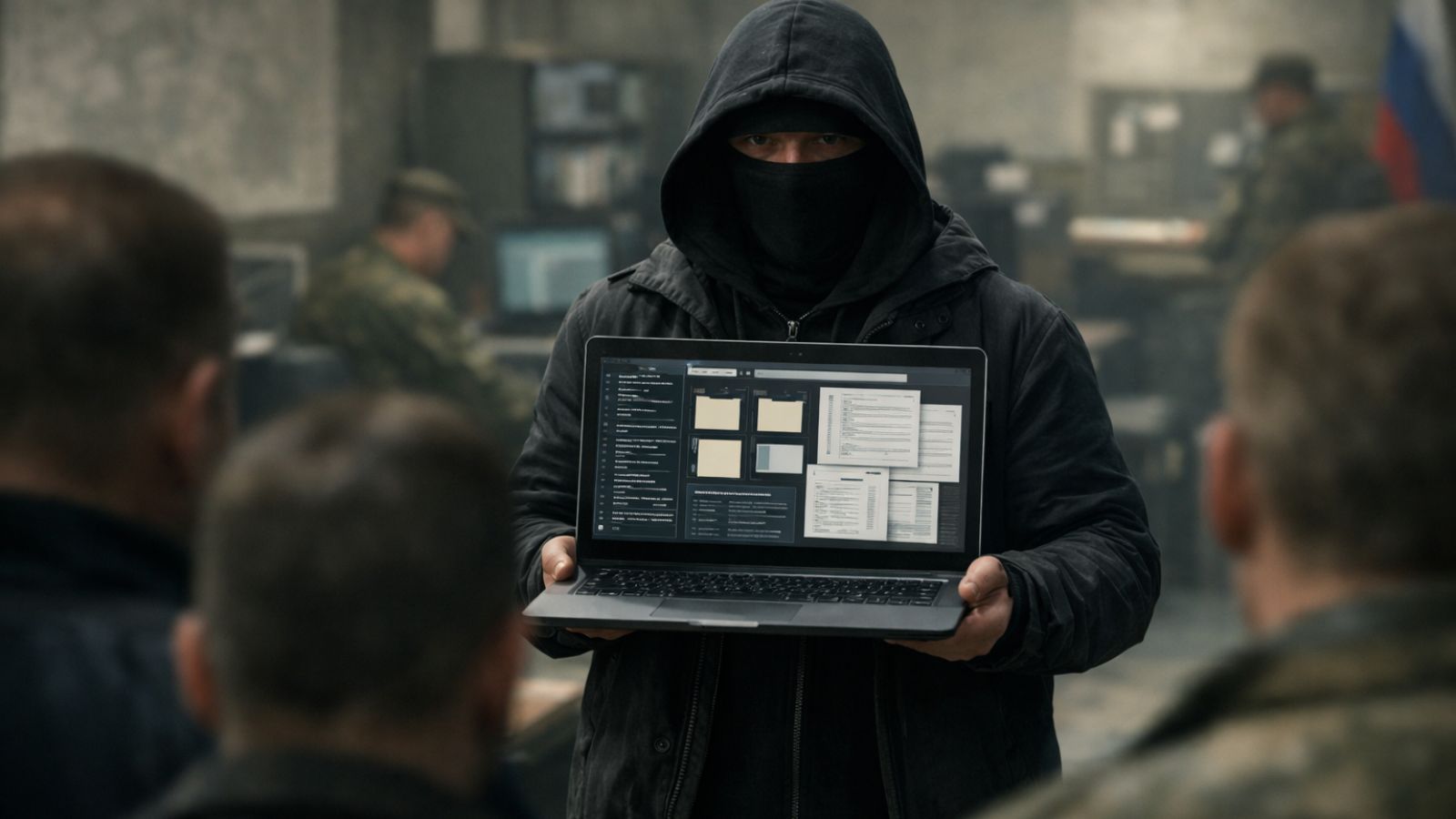
US Air Force Launches “Hack-A-Sat” Online Challenge
- Hackers will get the chance to take over virtual satellites and win money prizes.
- The hackathon will be quite realistic, as the purpose is to uncover flaws in satellite systems.
- The final event will be held during the “Virtual DEF CON 28” in August 2020.
Back in February, we tapped into the matter of the cybersecurity risks that arise from the massive deployment of low-cost “CubeSats.” Various entities are launching these small satellites and putting them in low Earth orbit by the hundreds, so we’re now entering an age that brings many potential security issues that we haven’t faced before. For this purpose, the United States Air Force has announced an online challenge called “Hack-A-Sat,” where hackers are invited to try to hack a virtual satellite. This will help identify cybersecurity gaps and fix them before they become a liability in the real world.
The challenge will be separated into two events. The first is a qualification round that will start on May 22, 2020, and will last for two days. The second event is the “final” one that will take place between August 7 and 9, 2020, during the “Virtual DEF CON 28”. In the first event, the top ten hacking attempts will be awarded $15,000 prizes and will qualify for the final. There, the 1st place will receive $50,000, the second-best hack will get $30,000, and the team that finishes third will be awarded $20,000.
The hacking teams will attempt to break into realistic spacecraft systems, while the scope will include ground station systems as well. For this reason, the participants are advised to get prepared to deal with things like orbital asset communication challenges, communication window scheduling, etc. Everything will happen in a virtual world, but the challenge will be quite genuine, as this is the whole purpose of this program. The potential qualifier categories for the first round of Hack-A-Sat will be the following:
- Astronomy, Astrophysics, Astrometry, Astrodynamics (AAAA): Orbital mechanics and other space algorithms for star tracking and navigation
- Ground Segment: Communicating with satellites with tools and protocols
- Satellite Bus: Hacking satellite applications over message buses
- Communication Systems: Messages over modems and RF
- Payload Modules: Flight Software and specialized payload devices
- Space and Things: Problem-solving in space - old and new technologies
The registration window for Hack-A-Sat will close in a week, so go ahead and sign yourself up now. You are not eligible for participation in this hackathon if you are a U.S. government employee, though. Also, the registered teams must include at least one U.S. citizen or permanent resident in the country. This aspect is a bit annoying, but there are no other age-related or team-size limitations for the registrants. For the full set of rules, check out this detailed document where everything is explained in detail.













